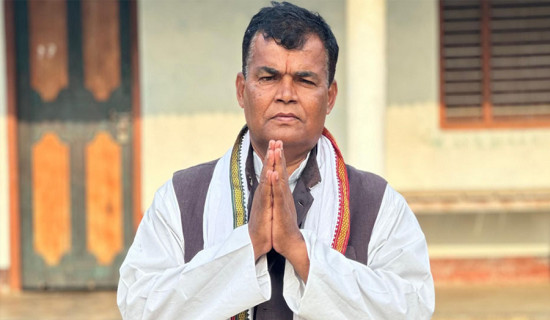- Wednesday, 4 March 2026
Fair Financial System
Reforms in the international financial architecture have been a persistent call from the Global South, as Western nations have historically dominated the establishment of global financial institutions, such as the International Monetary Fund and the World Bank, and set their rules, policies, and frameworks. These institutions came into existence in response to the crisis triggered by the Second World War. The Asian Financial Crisis, the global financial crisis and the systematic economic troubles facing numerous nations exposed the limits of the international financial architecture. The imposition of policies by the global financial institutions on the loan and grant-receiving nations failed to address the latter’s core development needs and socio-economic reality.
The developing nations want greater participation in the decision-making process of those institutions. They need to be equitable, inclusive and participatory so that they reflect a true global character and become a representative of all nations. This is necessary for a fair global order, governance, sustainability and economic stability. Against this backdrop, the ongoing Fourth International Conference on Financing for Development (FfD4) that is underway in Seville of Spain, is expected to be crucial in pushing reforms in the international financial system and implementing the Sustainable Development Goals (SDGs) in addition to overcoming the emerging challenges of the world that is increasingly getting multipolar. Heads of states or governments attending in the conference will also assess the progress made in the implementation of the Monterrey Consensus, the Doha Declaration and the Addis Ababa Action Agenda.
Prime Minister KP Sharma Oli, addressing the event, has called for justice and fairness in the global economic system, while urging world leaders to translate their promises to the Least Developed Countries (LDCs) into action. PM Oli, also the Chair of the LDC Group, highlighted the growing inequalities in the global economy and the urgent need for reforms. Over the past decade, the size of the global GDP rose from $75 trillion to $115 trillion but there is no trickle-down impact of this growth. Instead, inequality — both within and between countries — has grown alarmingly, with climate change posing a big threat to the livelihoods of billions. The poor nations badly need the financial support to boost entrepreneurship and job market but Official Development Assistance (ODA) is shrinking while the debt burdens for LDCs have tripled in the last decade alone.
Prime Minister Oli rightly said that there was a widening technological and digital divide, and poor infrastructure and limited investment in LDCs, which were bearing the brunt of climate change impacts despite contributing less than 1 percent of global greenhouse gas emissions. He also demanded the fulfillment of the long-standing commitment of 0.7 percent of Gross National Income (GNI) as ODA to developing countries, with at least 0.2 per cent dedicated to LDCs. The LDCs must have greater access to concessional and predictable climate finance and a fairer trading system.
Now it is imperative to implement the Seville Commitment, adopted by the conference, in letter and spirit. The document stresses transparency and accountability in international finance, debt restructuring, reversal in the ODA patterns, increased investment in disaster risk reduction and climate-resilient infrastructure, digital connectivity and integration of LDCs into global markets, among others. Global partnership and solidarity are a must to bridge the gap existing between the Global North and South. As Nepal is going to graduate to a developing nation status, it requires international support to sustain the momentum.















